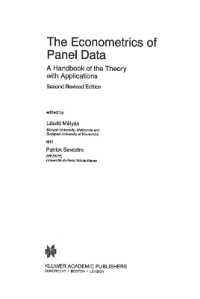Description
This Element aims to introduce the different definitions of translation provided in the history of analytic philosophy. Starting from the definitions of translation as paraphrase, calculus, and language games, the Element explores the main philosophical-analytic notions used to explain translation from Frege and Wittgenstein onwards. Particular attention is paid to the concept of translation equivalence in the work of Quine, Davidson, and Sellars, and to the problem of translating implicit vs. explicit meaning into another language as discussed by Grice, Kripke, and the contemporary trends in analytic philosophy of language.
Table of Contents
Introduction; 1. From Frege to carnap: translation as paraphrase; 2. Wittgenstein: translation as calculus and translation as a language game; 3. Quine and the thesis of translation indeterminacy; 4. The notion of synonymy and Davidson's theory of radical interpretation; 5. The Principle of Charity and the third dogma of Empiricism; 6. Sellars and the problem of semantic vs. pragmatic equivalence; 7. Grice and the translation of implicit meaning; 8. Kripke's translation test; 9. The translation of explicit meaning in Literalism vs. Contextualism; Conclusion; References.








